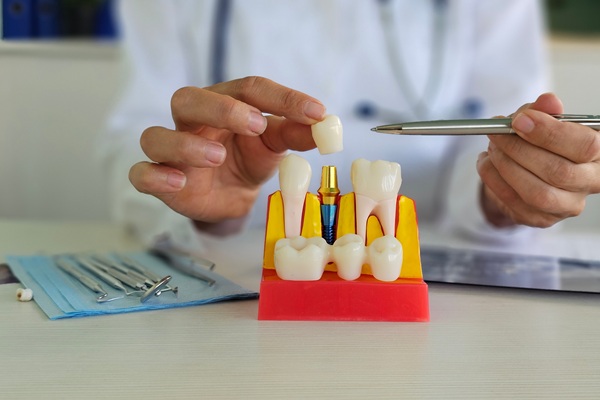 Does Invisalign really work? This treatment is often marketed as a more convenient alternative to braces, but some patients are concerned about its effectiveness. Invisalign® may sound too good to be true — patients do not have to worry about avoiding certain foods that may become stuck in traditional braces.
Does Invisalign really work? This treatment is often marketed as a more convenient alternative to braces, but some patients are concerned about its effectiveness. Invisalign® may sound too good to be true — patients do not have to worry about avoiding certain foods that may become stuck in traditional braces.
Does Invisalign really work?
Like traditional braces, Invisalign® is designed to correct crooked teeth, crowded teeth and gaps. Instead of periodically having wires tightened like with braces, Invisalign® patients are given a series of near-invisible aligners. Each successive set of aligners is designed to push the patient's teeth closer to their ideal alignment.
What factors cause Invisalign® not to work?
One of the advantages of Invisalign® is that it can be taken out when a patient needs to eat or brush their teeth. However, this advantage can quickly become a disadvantage when patients are non-compliant. Most dental professionals advise their patients that they need to wear their Invisalign® trays as close to 23 hours per day as possible.
Because it is easy to remove Invisalign® at any point, some patients go for several hours without wearing their aligners. Even in this relatively short period, it is possible to lose progress. Each time a patient goes without aligners, teeth can shift back to where they were before treatment. When done frequently, this can result in Invisalign® treatment not working.
Does Invisalign really work for all dental issues?
Invisalign® can be used to correct almost every issue that traditional braces can. However, for certain severe issues, a patient's dentist may recommend alternative treatment. For patients with the following issues, Invisalign® may not be effective:
- Extremely crowded teeth
- Teeth rotated more than 20 degrees
- Very large gaps between teeth
- Existing dental bridges or similar types of dental work
- Unusually shaped teeth
Before prescribing Invisalign® or a similar orthodontic treatment, a dental professional will thoroughly examine a patient's teeth to see whether Invisalign® is the right option.
Can Invisalign® cause tooth problems?
When used correctly, Invisalign® will not cause tooth problems. Patients do need to be very careful to brush their teeth before putting aligners back in. Because aligners fit very tightly to the teeth, they stop saliva from reaching the teeth's surface. Without saliva, food particles cannot be efficiently broken down, and plaque, cavities and other dental issues may occur.
In order to avoid potential problems, Invisalign® patients should make sure they brush and floss their teeth after eating and before placing the aligners. The prescribing provider will usually go over optimal dental hygiene with a patient before fitting them with their first set of aligners.
Check out what others are saying about our dental services on Yelp: Dental Services in Gainesville, VA.
Conclusion
Patients who have been wondering, "Does Invisalign® really work?" may be relieved to know that with careful compliance and good dental hygiene, the answer is almost always yes. For patients interested in Invisalign® for achieving a better smile, it is a good idea to reach out to a dental professional to make an appointment.
Request an appointment or call Prince William Dental at 703-662-8287 for an appointment in our Gainesville office.
Recent Posts
A damaged tooth can be uncomfortable and make eating difficult, but quick treatment can restore function and appearance. An emergency dentist is a general dentist who offers fast, effective care to address urgent dental concerns. Their goal is to protect the tooth and prevent further complications. Whether caused by an accident, infection, or another unexpected…
Dental implants are a permanent, functional solution for patients with tooth loss in one or both dental arches. Both partial and full arch dental implants have become more accessible, customizable, and successful for a wide range of patients. However, they have different uses and candidacy requirements. Understanding the differences between these options helps clarify which…
An emergency dentist is essential for treating dental injuries, including a knocked-out tooth. Whether resulting from a sports injury, accident, or fall, a lost tooth requires immediate attention to improve the chances of successful re-implantation. Timely care from a skilled emergency dental professional further increases the likelihood of preserving the tooth and reducing the risk…


